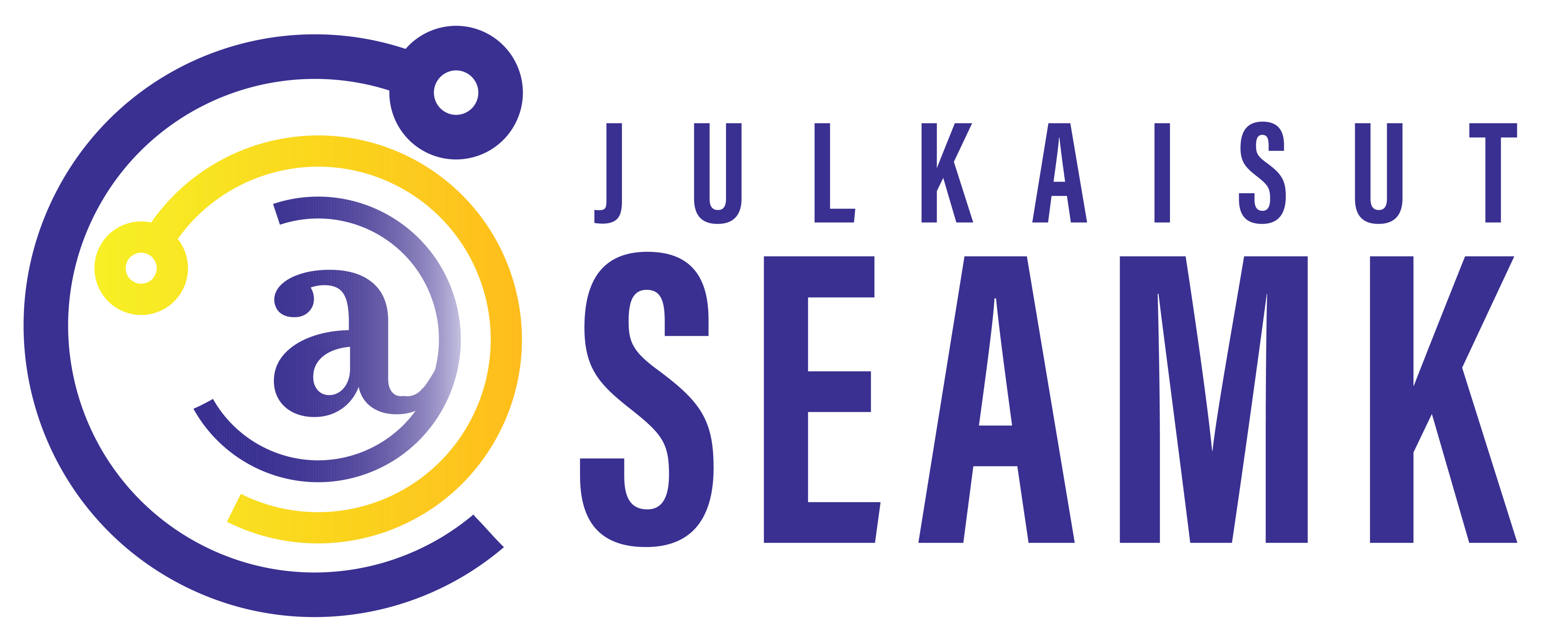Competence Development in Collaborative Industrial Internet of Things
Knowledge is important in all activities – especially in development of new products and services. Technological renewal is happening faster than ever, and it has direct impact to economy. Seinäjoki University of Applied Sciences (SeAMK) will begin the development of IoT knowledge in “Competence Development in Collaborative Industrial Internet of Things” Erasmus+ Strategic Partnership project where SeAMK is acting as a coordinator. Partners in the project are Tallinn University of Technology from Estonian, ESAIP Graduate School of Engineering from France, Riga Technical University from Latvian and Kaunas University of Technology from Lithuania. ERNACT is participating in the project as a dissemination partner. “Collaborative IoT” project was selected to be funded from 34 different proposals (OPH, 2020).
The main objective of the project is to develop industrial IoT knowledge in the higher education institutions, which are participating the project. A Europe fit for the digital age is one of the six political priorities in EU (European Commission, 2020). “Collaborative IoT” project is supporting to achieving this goal creating new competencies to in the knowledge area of industrial internet. The objective is to renew and create new industrial IoT knowledge to higher education institutions and at the same time to network different actors including the companies. The project includes the following development activities
- Development of teaching pedagogy
- Curricula development to meet the demands of EU and companies
- Development of teaching and training materials including, for instance, machine vision, digital twins and cyber security
- Development of cloud environment for international collaboration
- Arrange intensive programmes for higher education learners and teachers
Results of the project are, for example, new methods, materials and knowledge to higher education institutions. Results can be utilized after the project freely. Most of the results are utilized directly in the teaching of higher education institutions participating in the project and the results can be included, for instance, to the offering of open university teaching, which makes participating to the courses easier for companies.
Ari Sivula, PhD
Research and Development Manager
School of Technology
Seinäjoki University of Applied Sciences
References
European Commission. (2020). 6 Commission priorities for 2019-24. Viitattu 3.8.2020. Saatavissa: https://ec.europa.eu/info/strategy/priorities-2019-2024_en
OPH. (2020). Korkeakoulujen Erasmus+ strategisia kumppanuushankkeita rahoitettiin ennätysmäärä. Viitattu 3.8.2020. Saatavissa: https://www.oph.fi/fi/uutiset/2020/korkeakoulujen-erasmus-strategisia-kumppanuushankkeita-rahoitettiin-ennatysmaara
